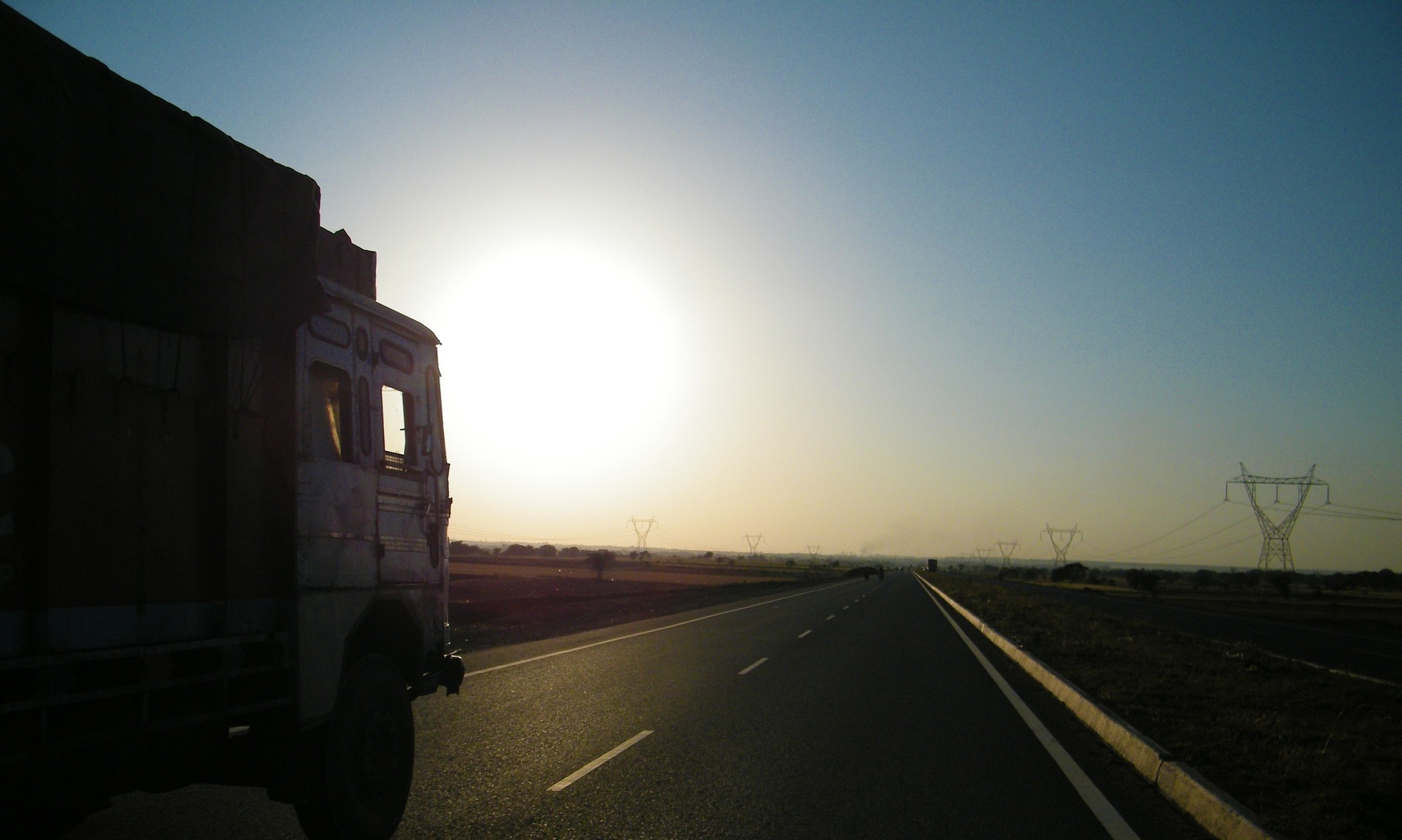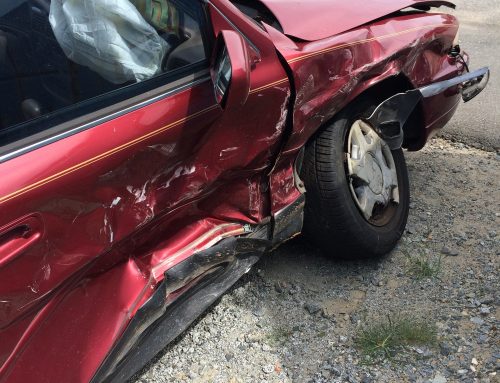Florida highways are busy – and dangerous. Three of Florida’s roadways are listed as among the most dangerous roads in America. One of these dangers is the proliferation of large commercial trucks – whether 18 wheelers, oil tankers, large equipment, or construction vehicles. While people understand how to seek compensation when they are in an accident with another motorist, there is some confusion about how to proceed when involved in an accident with a commercial vehicle. Here is everything you need to know.
Getting compensated after an accident with a large truck can be more complex than you realize. There are entire attorney firms that exist solely for those cases which involve commercial trucks. The trucking industry is massive and includes countless individuals and companies engaged in the transportation of goods. One or more of these parties may be at fault for your accident, and you want to make sure that everyone liable is held accountable. Before we look at who may be responsible, let’s talk about Florida’s no-fault policy.
Your personal injury protection (PIP) insurance policy is the primary (and possibly only) method to receive compensation in a no-fault state. However, there are exceptions under Florida law, making it possible to file a fault-based claim against the truck driver, trucking company, and other liable parties. Florida drivers must carry $10,000 in personal insurance, but that amount does not last very long after a serious accident. The economic ramifications of claims involving commercial trucks frequently exceed $10,000 and result in permanent injuries. It is important to note that as of this writing, opponents of Florida’s no-fault policy are actively trying to have the policy changed in the state.
Who Could Be Held Liable?
- The Driver: Obviously, the driver of the truck could be held liable. This is especially true if you can prove that they were involved in reckless or negligent driving activities – such as speeding, distracted or drunk driving, driving when overtired, aggressive driving, improper lane changing, and more. Florida motorists have the right to assume that drivers of commercial trucks have the qualifications and training to operate the vehicle safely.
- The Trucking Company: The company the truck driver works for may also carry a portion of the liability for an accident. Although the driver is responsible for operating his vehicle safely, the company is typically responsible for hiring qualified drivers, ensuring that the truck and/or trailer is in safe operating condition, or monitoring their drivers to guarantee they comply with state federal regulations. Some companies may operate with more concern for profit than legality. They may push drivers into unsafe practices, such as compelling them to drive for too many hours concurrently. If the company has policies that led to the driver’s negligence, they can likely be held liable.
- The Shipping Company: Loading a semi-truck is an intricate process. Shipping companies must consider the maximum weight of the truck and the distribution of weight. They must also make sure the cargo is safely secured so it doesn’t shift during transit. If the truck then tips or rolls over – or the shipment falls into the road – the shipping company may be found liable for your accident.
- The Parts Manufacturer: Trucking companies employ mechanics and service centers to make repairs to their trucks. These mechanics assume that the parts from the manufacturer are safe. If a part is faulty, the manufacturer may be at fault. Product liability claims may center on issues such as design defects, manufacturing errors, or failure to warn about a known defect.
If you have been involved in an accident involving commercial trucks, call Probinsky & Cole. We will help you work through all of the possible parties, decide who is liable, and then take your case forward with skill and expertise.








